United States: For those familiar with the disruption tinnitus can bring, the constant hum, ring, or whirr can feel inescapable. Defined by the American Tinnitus Association (ATA), tinnitus is “the perception of sound without any external source.” This phantom noise may manifest as ringing, buzzing, hissing, or even a chorus of cricket-like sounds, audible in one ear or both, either continuously or intermittently.
This condition affects over 25 million people in the US, and emerging reports suggest that some individuals experience an onset or aggravation of tinnitus following a COVID-19 infection.
Unpacking the Connection Between COVID-19 and Tinnitus
Audiologist Dr Sarah Ruwe, AuD, offers insights into the mechanics of tinnitus and available strategies for alleviation.
Is Tinnitus a Symptom of COVID-19?
Since the early days of the COVID-19 pandemic, some individuals have noted auditory symptoms like tinnitus and vertigo following infection. While ongoing research continues to explore this association, evidence points toward a potential link between COVID-19 and tinnitus awareness.
A 2021 comprehensive review by The University of Manchester and Manchester Biomedical Research Centre indicated that up to 14.8 percent of individuals with COVID-19 reported experiencing tinnitus. However, this figure may be skewed, as it is unclear whether respondents were encountering tinnitus for the first time or experiencing a resurgence.

More recent studies suggest that a COVID-19 infection may heighten tinnitus severity in those already living with the condition. Researchers, however, are cautious about ascribing causality directly to COVID-19, acknowledging the possibility of other contributing factors.
“Upper respiratory illnesses often make individuals more attuned to any underlying auditory issues, such as hearing loss or tinnitus,” Dr. Ruwe noted. “When we’re acutely aware of changes in our sinus, head, and neck regions, such conditions become more noticeable.”
Consequently, a COVID-19 infection may draw attention to tinnitus, but many other catalysts could equally explain its emergence.
How COVID-19 Relates to Tinnitus
Upper respiratory infections, including COVID-19, can lead to temporary auditory changes—such as blocked or muffled hearing—which can bring about tinnitus or intensify existing symptoms. Often, tinnitus subsides as auditory function recovers.
Although the medical community has yet to fully comprehend tinnitus, parallels are often drawn to “phantom limb” sensations, wherein amputees perceive stimuli from an absent limb.
“Your brain expects a certain level of auditory input,” Dr. Ruwe explained. “When there’s an auditory change, the brain’s lack of usual stimulation leads it to create sound signals, resulting in what we recognize as tinnitus.”
The Sensation of Tinnitus Tied to COVID-19
COVID-related tinnitus does not appear to differ significantly from other forms of tinnitus. However, experiences of tinnitus vary widely.
While commonly described as a ringing, tinnitus can take many forms. Dr. Ruwe elaborated, “People may experience sounds like ringing, roaring, buzzing, hissing, or even the sound of crickets, with some hearing multiple tones.”
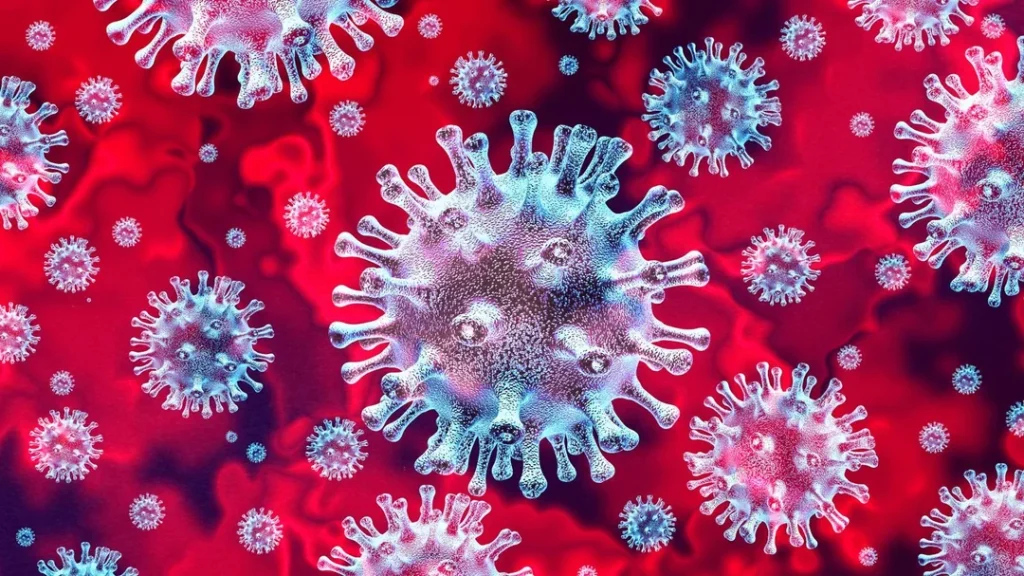

In essence, tinnitus represents any auditory sensation without an external source.
COVID-19 Vaccination and Tinnitus Onset
Though isolated cases have surfaced of individuals reporting tinnitus after vaccination, research has yet to substantiate any causative link between COVID-19 vaccines and tinnitus.
Managing Tinnitus After COVID-19
Tinnitus that arises from respiratory infections typically diminishes as the body heals. Yet, some people report persistent symptoms lasting months beyond recovery.
Many find sound therapy beneficial. Running a fan, humidifier, or white noise machine can help. Nature-inspired soundscapes, accessible through apps or online playlists, may offer further relief.
If tinnitus disrupts daily life, consulting with an audiologist can be beneficial. As a symptom rather than a diagnosis, tinnitus often requires treating the underlying cause. Audiologists can pinpoint tinnitus related to auditory function or guide individuals to other specialists if additional causes are suspected.
Alternative Causes of Tinnitus
It’s crucial to remember that noticing tinnitus post-COVID-19 doesn’t inherently mean that the virus caused it. Tinnitus can arise from multiple sources:
– Age-related hearing degeneration
– Earwax obstruction
– TMJ (temporomandibular joint) disorders
– Circulatory conditions, such as heart disease or diabetes
– Autoimmune disorders
Certain medications also list tinnitus as a side effect. Identifying the root cause aids in effectively managing tinnitus.
Seeking Assistance for Hearing Changes and Tinnitus
Dr Ruwe emphasizes the importance of prompt intervention for sudden hearing alterations. “Quick response is essential for unexpected hearing shifts,” she said. “For sudden sensorineural hearing loss, treatment within three days yields the best outcomes.”
For ongoing auditory issues, scheduling a hearing evaluation is a wise initial step. Various strategies can significantly alleviate tinnitus over time.
“There’s no need to simply endure tinnitus,” Dr. Ruwe assured. “Support is available to not only identify potential causes but also introduce coping mechanisms and management techniques.”


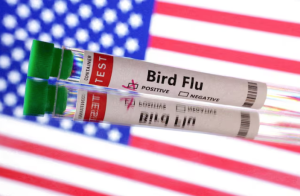




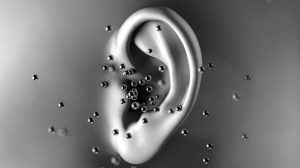

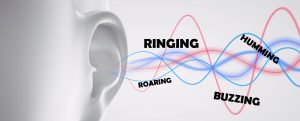

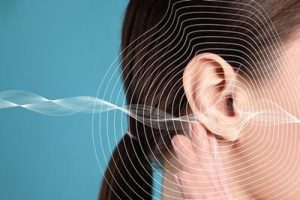
Be First to Comment